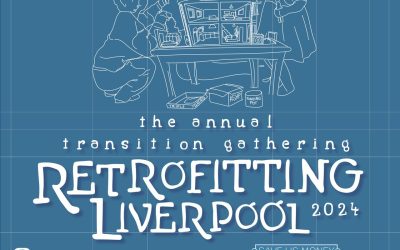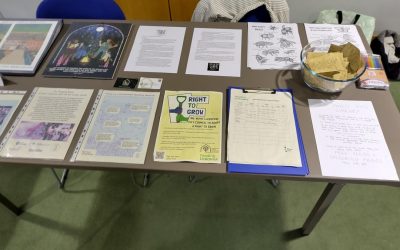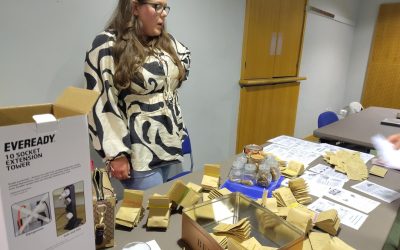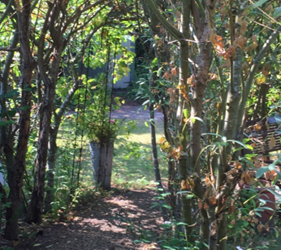Due to Covid-19, many saplings haven’t made it to their forever homes this spring, and are in need of some foster carers. Can you help? In a guest post for Transition Liverpool, Dave Ellwand introduces us to the wonderful work of Tree Wardens.
We are Wirral Tree Wardens. We work to find ways to protect, promote and raise awareness about trees and act as friends to them. There isn’t a group of tree wardens in Liverpool, Sefton, Knowsley or St. Helens, yet. But what we do in Wirral, we’re happy to roll out or pass on to volunteers in neighbouring areas.
Wirral has a decline in the number of trees, through neglect, predatory development clearance, making space for buildings and roads, and through the tidying up of a backlog of poorly maintained parks and public spaces. Then there are the diseases of trees, such as ash dieback, which is starting to wipe out around 80-95% of ash trees in the Wirral, as it has across Europe. With other imported diseases, this could be a loss of a third of our trees, even more serious than when we lost so many elm trees to Dutch Elm Disease.
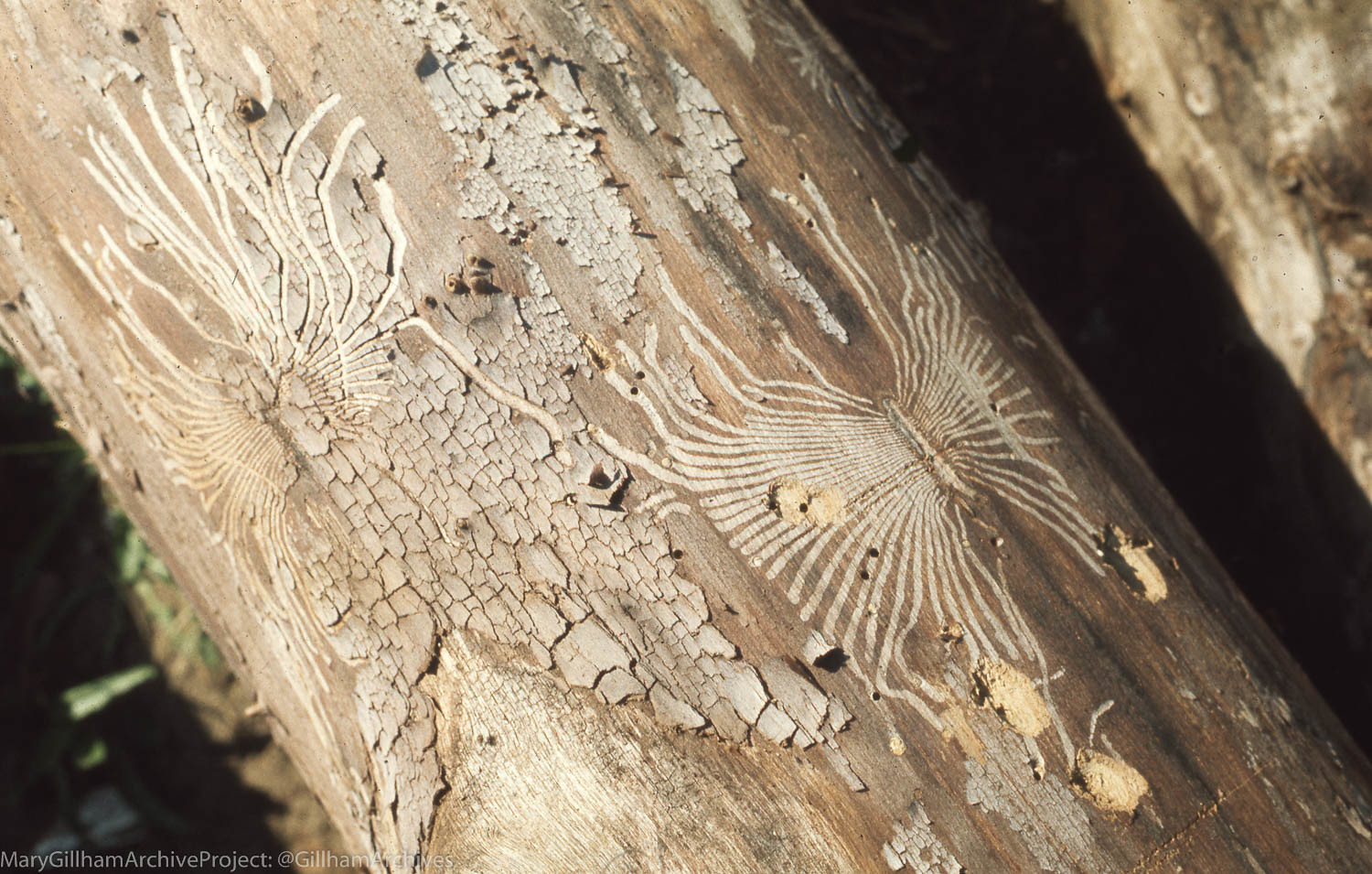
Dutch Elm Disease is caused by a fungus which is spread by the Elm Bark Beetle. Credit: Dr Mary Gillman Archive Project
There has been great concern and even some anger about the cutting down of trees in the streets and parks. Surely they can’t all be dangerous? Tree Wardens started talking to the council, to international experts, to wildlife groups, communities, civic societies, park friends’ groups, environmentalists and others. Together we ran events, held meetings, formed the Wirral Initiative on Trees and are shaping together the Strategy for Trees, Hedgerows and Woodlands. This will be launched very soon, adopted as Council policy and sets out binding commitments for the Council and other groups with a stake in shaping our landscape.
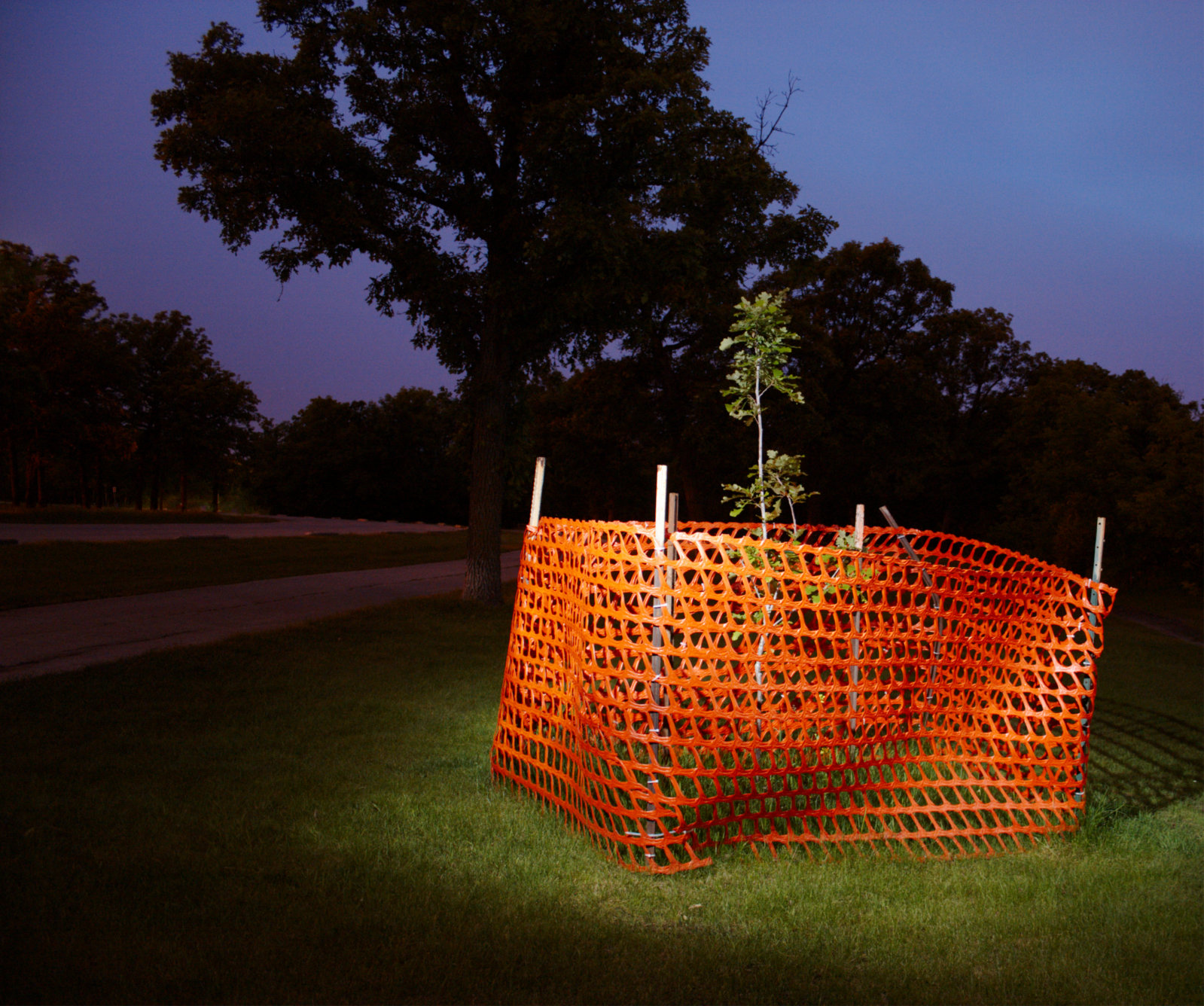
How do you get the right tree in the right place at the right time? Credit: Sean Carney
There will be commitments for us all to follow (and set) best practice to protect trees, to plant more, and to safeguard ‘neglected’ areas where trees can regenerate naturally. The initiative also sets out why hedgerows and coppices as well as big trees in urban spaces can all help with our climate, environment, wildlife, health and well-being. It’ll lead to all the stakeholders, agencies and council departments giving a priority to climate emergency and trees in all of their policies, support them to think in a joined up way, and result in all parties making better use of additional expertise, setting out what they’ll do to improve our treescape and reverse the decline.
The sad news is that there are still many trees to be cut down. However, the commitment will be that only those trees that are dangerous, largely as a result of past mistreatment and neglect, will be felled. We’ll do our best to check that decisions to trim or fell are based on sound evidence and are genuinely the only remaining option.
Alongside this challenge, we are making use of a cold-store, full of surplus small trees, which could not be planted earlier in the year, because of flooding of sites or because of social distancing, which has made it hard for forestry teams to work together. Now it’s especially hard, as the weeds are three months ahead of the new trees, the ground is very dry and trees need daily attention and a lot of water. The big woodland schemes for which they were intended can’t cope with planting and looking after large areas of new trees.
So the problem is – how do you save a large number of trees while keeping social distancing, knowing that the trees will need regular attention?
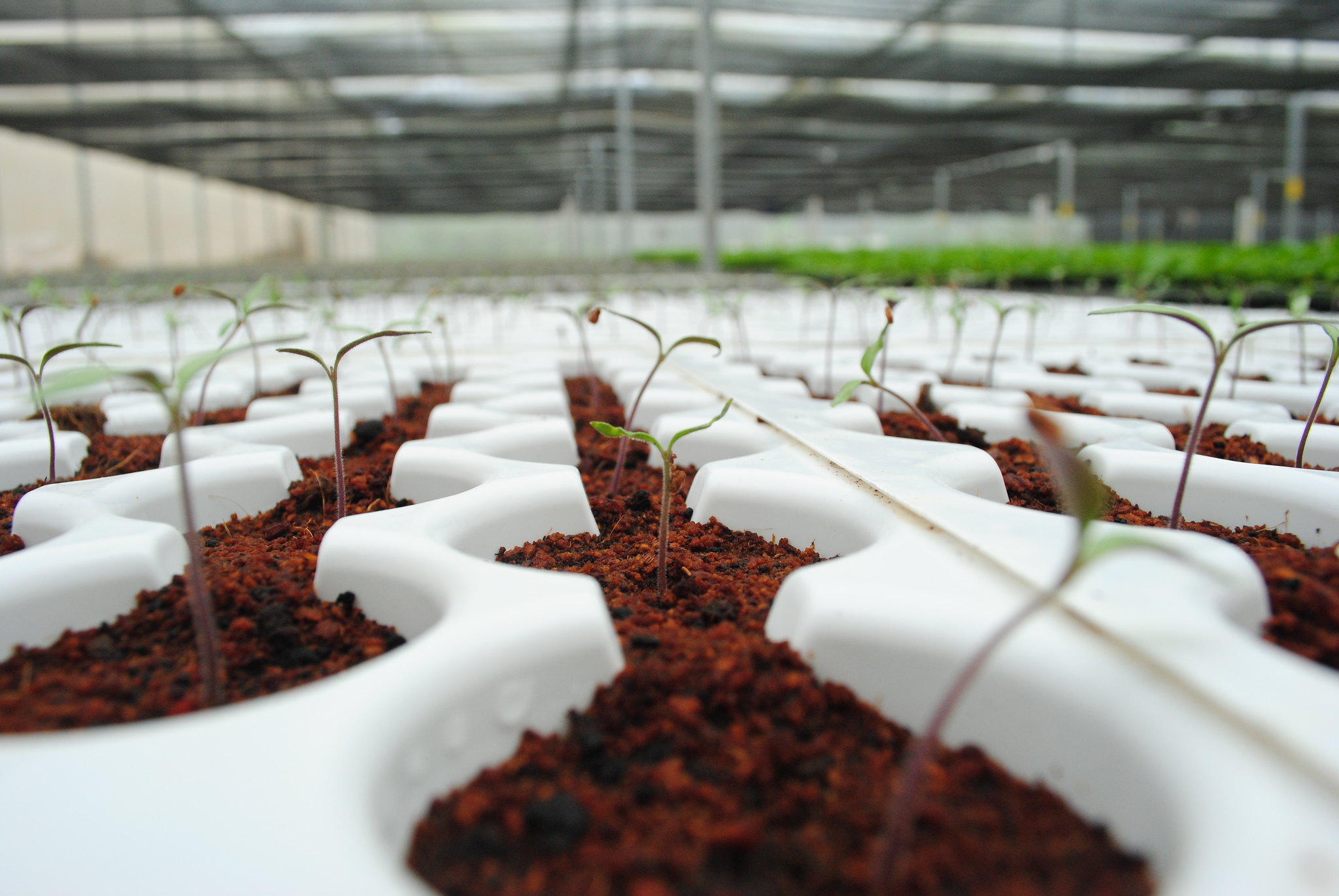
Saplings in a Greenhouse. Credit: Nathan Meijer
Our local solution is to ask families and small groups to each take a few dozen trees, perhaps in a grow-bag or trench, somewhere handy where they can water them and keep them safe, until there’s spaces prepared in public and community spaces.
It’s been a privilege for us to meet so many people who are taking trees; creating wildlife spaces in their gardens and neighbourhoods, in schools, residential homes, allotments and sports grounds. Some are creating edible hedges of fruiting trees and some are planting specially-prepared areas in the midst of roads and concrete with dense thickets and trees of different heights to create mini-forests. We have been so pleased to see people come forward to offer their help, but we still have many saplings in need of care and attention.
Do you want to foster or adopt some trees? Fill in the form and Dave and his colleagues will get back to you. Their website and the Wirral Tree Wardens Facebook Page will tell you more, especially if you’d like to adopt or foster the urban forests of the future.
You can find more about tree wardens, and learn how to start your own group, at the Tree Council. Grants for trees are also available from the Tree Council and the Woodland Trust.







